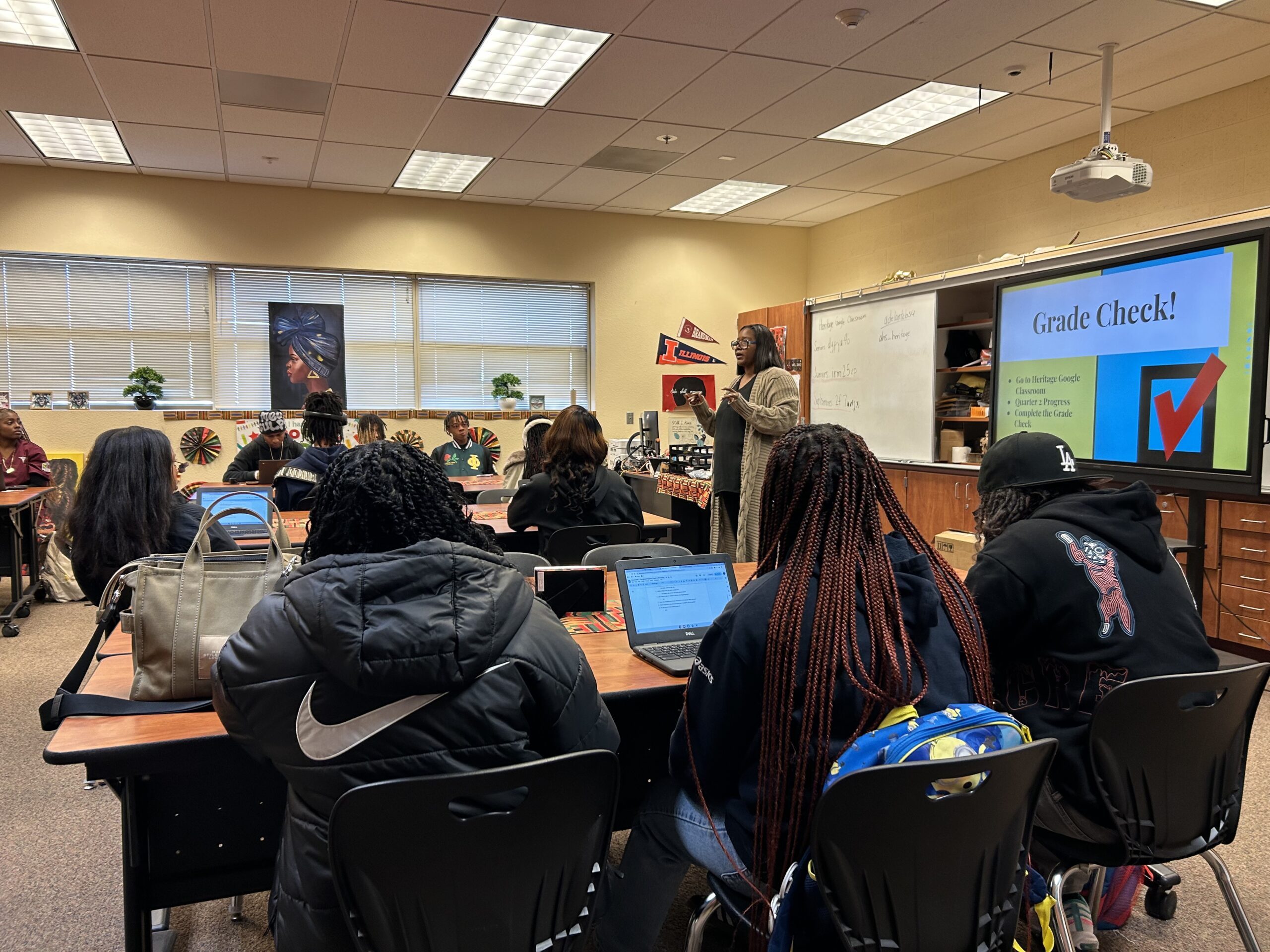Writing a resume can feel like a big challenge when you’re still in high school and haven’t built up much work experience yet. However, a resume isn’t just a list of jobs—it’s a chance to show who you are, the skills you’ve learned, and the accomplishments that make you unique. This guide is here to help you create a resume that stands out, even if you’re just starting out.
I’ll walk you through each step, share practical tips, and answer some common questions. By the end, you’ll have the confidence to put together a resume that opens doors to internships, part-time work, or volunteer opportunities.
Understanding the Role of a Resume
A resume is a personal advertisement for your skills and potential. It helps schools, employers, or volunteer organizations learn about you quickly. Research has shown that a well-crafted resume can increase your chances of getting an interview by up to 33% (source: Forbes).
It doesn’t need years of work experience to be effective. Instead, it should focus on your strengths, interests, and achievements in school or extracurricular activities.
Even without a long work history, you have a lot to offer. Your involvement in clubs, sports, volunteer work, or even school projects can speak volumes. These activities show qualities like teamwork, leadership, and dedication, which are valuable in any setting.
Starting With No Experience
It’s common to worry about a blank resume, especially when you haven’t had a job yet. Instead of stressing over what you haven’t done, focus on what you have achieved. Here are a few areas you can highlight:
Just Before You Go
Empower individuals to overcome barriers, gain essential skills, and secure gainful employment through our proven programs—KeelMaster, KeelWings, and KeelMate. Your support can spark change and build brighter futures.
Donate Now- Education: List your high school, your GPA if it’s strong, relevant courses, and any academic honours or awards.
- Extracurricular Activities: Think about sports, clubs, or student council. Participation in these shows that you are engaged and can manage your time well.
- Volunteer Work: Even if it’s just helping out at a local event, volunteer work demonstrates your willingness to contribute and learn.
- Projects: Group projects, personal initiatives, or school assignments that required research or problem-solving can be included.
- Skills: Consider both hard skills (like computer proficiency, writing, or languages) and soft skills (like communication, organization, or teamwork).
For example, if you helped organize a school event or participated in a debate club, that experience tells a potential employer or admissions officer that you can take initiative and work with others.
Building Your Resume Step by Step
Here’s a simple outline you can follow to create a clear and effective resume:
- Contact Information:
Include your full name, phone number, email address, and your home address (if you feel comfortable sharing it). Make sure your email sounds professional. Instead of a nickname, use a combination of your first and last name. - Objective or Summary Statement:
Write one or two sentences that explain your goals. For example, “I am a motivated high school student looking for opportunities to apply my communication skills and contribute to community projects.” This section gives a snapshot of who you are and what you’re looking for. - Education:
List your high school’s name, your expected graduation date, and any honours you’ve received. If you have a strong GPA or have taken challenging courses, mention them here. - Experience:
Even if you haven’t held a formal job, include any internships, volunteer positions, or school projects that show responsibility. List the organization or project name, your role, and a few bullet points describing what you did. - Extracurricular Activities:
Include clubs, sports teams, or organizations you are a part of. Explain any leadership roles you’ve had or special contributions you made. - Skills:
Create a list of skills that match the job or opportunity you’re applying for. Be specific—if you’re applying for a tech internship, mention any programming languages or software you know. - Awards and Honors:
If you’ve won any competitions or received special recognition, include them. This helps show that your efforts have been acknowledged by others. - Additional Sections:
If you have other experiences like language proficiencies, artistic talents, or community involvement, add a section highlighting these areas.
Tips for a Great Resume
- Keep It Simple:
Use a clear layout with headings and bullet points. A clean design helps the reader focus on the content. - Be Honest:
Never exaggerate or add details that aren’t true. Accuracy is important, and honesty is a quality that employers value. - Proofread:
Spelling and grammar mistakes can hurt your chances. Ask a teacher, friend, or family member to review your resume. - Customize It:
Tailor your resume for each application. If you’re applying for a summer internship at a local business, highlight skills and experiences relevant to that industry. - Use Action Words:
Start your bullet points with words like “organized,” “led,” “created,” or “assisted” to show initiative and action. - Keep It One Page:
Especially at this stage, a one-page resume is plenty. Focus on the quality of your content, not the quantity.
Common Mistakes to Avoid
- Too Much Information:
Avoid overloading your resume with irrelevant details. Stick to information that supports your goals. - Using a Generic Resume:
A one-size-fits-all resume might not capture what makes you unique. Personalize it to the role or opportunity you’re seeking. - Neglecting the Formatting:
A cluttered or inconsistent layout can be off-putting. Consistent fonts, spacing, and margins go a long way in making your resume look professional. - Ignoring Soft Skills:
While technical skills are important, soft skills like communication and teamwork are also valuable. Make sure you include both. - Leaving Out Extracurriculars:
Many high school students forget to include non-academic experiences. These can help round out your profile and show you’re well-rounded.
FAQs
Do I really need a resume if I have no work experience?
Yes, you do. A resume helps you showcase your skills, achievements, and potential. It’s not just about past jobs; it’s about what you’ve learned and what you can do.
What if I’m not involved in many activities?
Focus on quality over quantity. Even if you have one or two experiences, detail what you learned and how you contributed. You can also mention personal projects, hobbies, or coursework that highlight your skills.
Should I include my GPA?
If your GPA is strong, it can be a good indicator of your work ethic. If it’s not as high as you’d like, consider leaving it out and instead emphasize other strengths.
How do I decide what skills to list?
Look at the opportunity you’re applying for and think about which skills are most relevant. If you’re applying for a customer service job, for example, mention your communication skills, patience, and problem-solving abilities.
What format should I use for my resume?
A simple, clean format is best. There are many free templates online that can help you get started. Websites like Canva or ResumeGenius offer templates designed for students.
Further Resources
If you’re looking for more detailed examples or additional tips, here are a few resources that I have found helpful:
- Canva’s Free Resume Templates: Offers a variety of easy-to-use designs that can give your resume a polished look.
- ResumeGenius: High School Resume Samples: Provides examples tailored to high school students.
- The Balance Careers: Offers advice on crafting resumes when you have little to no work experience.
- Indeed Career Guide: Contains tips and sample resumes to help you get started.
These links and resources can help you see examples of resumes that work and give you ideas on how to structure your own.
Conclusion
Crafting a resume as a high school student with no work experience is all about focusing on your strengths and the experiences you do have. By paying attention to details, keeping your format clean, and personalizing your content, you can create a resume that makes a strong impression. Every student has a unique story, and your resume is a way to share that story with potential employers, schools, or volunteer organizations.
After reading these tips and examples, what will be your next step in putting together a resume that truly reflects your skills and personality?
Just Before You Go
Empower individuals to overcome barriers, gain essential skills, and secure gainful employment through our proven programs—KeelMaster, KeelWings, and KeelMate. Your support can spark change and build brighter futures.
Donate Now



